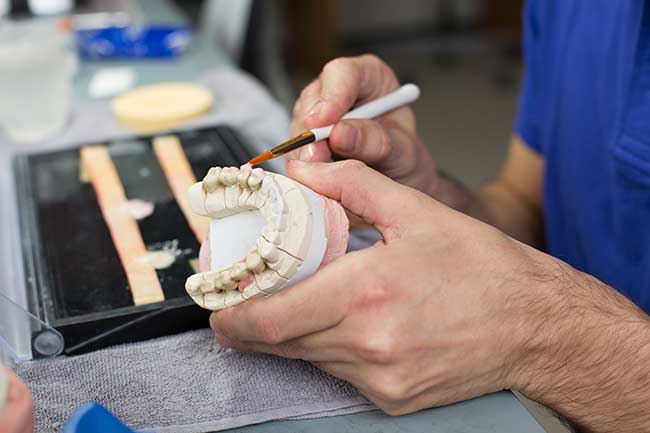What are dental sealants, and who can benefit from them?
Dental sealants are a unique type of preventative dental service that can be used to reduce the risk of developing cavities. While many think of dental sealants as a treatment for children, they can also be used for adults. Continue reading to learn more about ways to protect the smile using a cavity sealant.
What is a dental sealant?

Drs. Edward and Dina Jackson and their team at State Street Smiles in Hackensack, New Jersey, are pleased to offer professional dental sealant services. Dental sealants are a thin plastic coating we apply over the chewing areas of your teeth to help protect them from decay. The chewing surfaces of your molars and premolars contain tiny grooves and pits that can accumulate plaque and bacteria, which cause cavities. By sealing these areas with a protective coating, they are sealed off from bacteria, plaque, acid, and other debris that could potentially cause damage to the tooth enamel.
Who can benefit from dental sealants?
Dental sealants are especially beneficial for children, but adults may benefit as well. Children often have deep grooves in their teeth that make it challenging to keep them clean with a regular brushing and flossing routine. Even with the most diligent oral care, some areas may be missed by toothbrush bristles or dental floss. Applying sealants on children’s teeth can help protect them from developing cavities in these hard-to-reach areas.
Adults can also benefit from sealants, especially if they have deep grooves in their teeth. Sealants are also beneficial for those who have difficulty controlling their sugar intake, as sugar is often the leading cause of cavities. By applying a protective coating to teeth, it helps create an extra barrier between your tooth enamel and any sugars that could potentially damage it. In addition, some patients with sensitive teeth may find that dental sealants help reduce discomfort.
Protect your teeth from tooth decay
If you are considering a cavity sealant as an extra step of protection against common dental problems, connect with our team of providers at State Street Smiles to learn more about dental sealants available for Hackensack, NJ, area patients. Call (201) 389-2183 to request an appointment.



